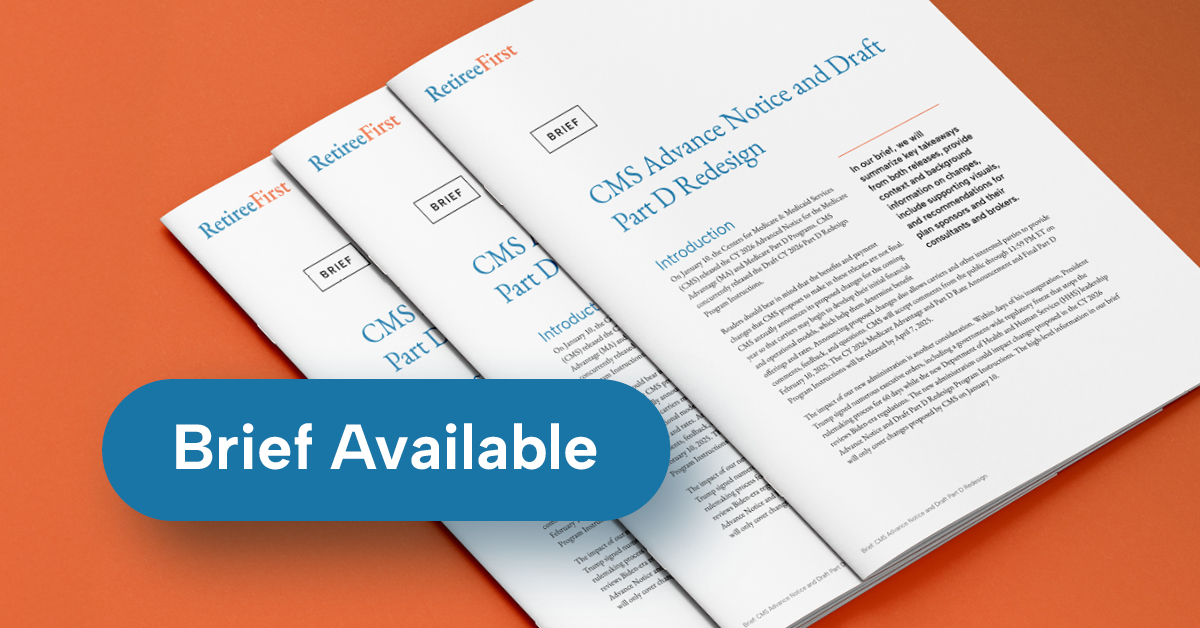
Today, the Centers for Medicare & Medicaid Services (CMS) finalized the CMS Interoperability and Prior Authorization Final Rule to improve the electronic exchange of health information and prior authorization processes for medical items and services. There are multiple components and varying timelines for all of the various sections of this rule. The scope of this rule includes application to Medicare Advantage organizations.
Key Highlights
Prior Authorization Enhancements
- Beginning primarily in 2026, impacted payers will be required to send prior authorization decisions within 72 hours for expedited (i.e., urgent) requests and seven calendar days for standard (i.e., non-urgent) requests for medical items and services
- The rule also requires all impacted payers to include a specific reason for denying a prior authorization request, which will help facilitate resubmission of the request or an appeal when needed.
- Payers will be required to publicly report prior authorization metrics, similar to the metrics Medicare FFS already makes available.
- Implementation of a new API process and system enhancements to facilitate a more efficient electronic prior authorization process between providers and payers by automating the end-to-end prior authorization process, something that Medicare FFS has already implemented.
- Patient access, Provider access and Payer-to-Payer access to prior authorization information (excluding drugs) through an API process is required to be implemented by 1/1/2027
RetireeFirst remains committed to staying at the forefront of such developments, ensuring that our solution aligns with the evolving regulatory healthcare landscape.






